This culminated in the 2012 team-up filmThe Avengersto the tune of $1.5 billion.
Marvel Studios is now no longer just a production company; its a brand.
As with any successful brand, imitators followed.
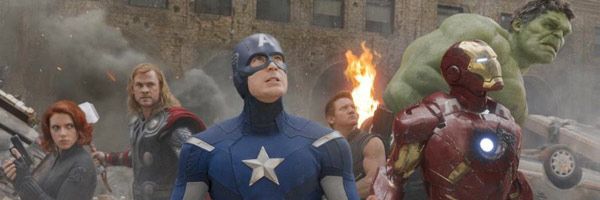
), and the issues continued in its Phase Two set of films.
In the television landscape, the writer/showrunner is king.
This is not dissimilar to how Marvel approaches each of its feature films.
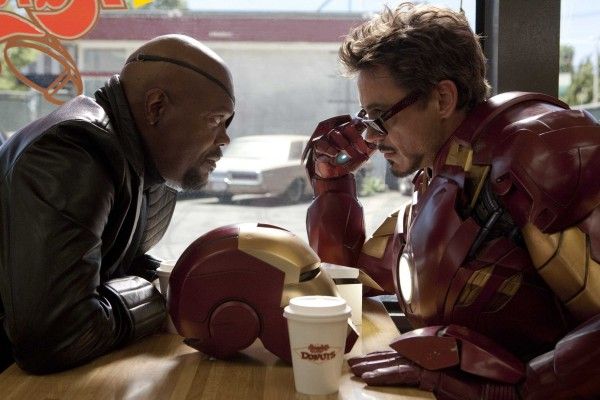
Image via Marvel
Its hard not to think ofEdgar Wrightand the upcomingAnt-Manwhen considering Marvels increasingly TV-like approach to its films.
More so than any other Marvel filmmaker thus far, Wright is an auteur.
This is why approaching movies like television is ultimately a bad idea.
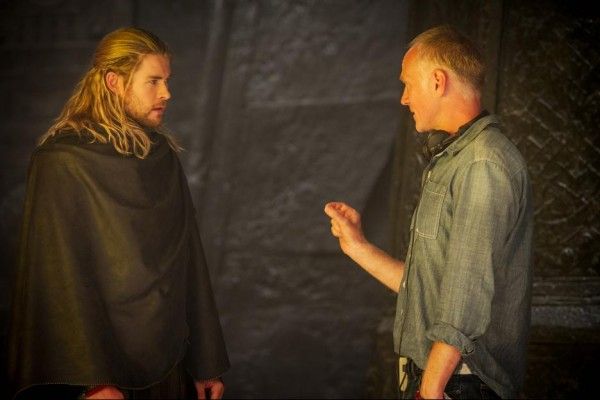
Aesthetically, every Marvel movie feels the same.
Moreover, when each film leads right into the next, stories doesnt really end.
Now other studios are taking a cue from Marvel and developing their own interconnected universes.
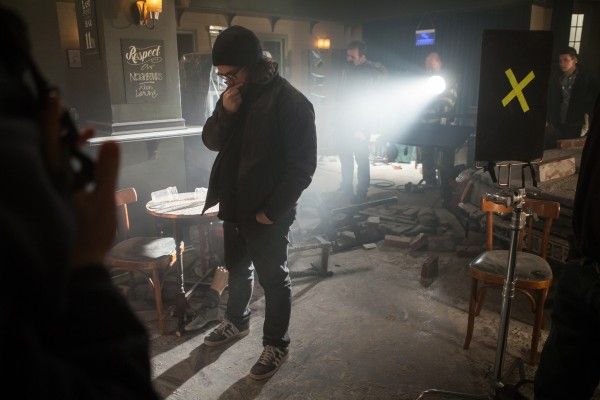
Image via Focus Features
WillWonder WomanandAquamanhave the same gritty yet bombastic aesthetic asMan of Steeland presumablyBatman v Superman?
Warner Bros. could be the FX to Marvels ABC.
And given how successful Marvel has been thus far, who could blame them?
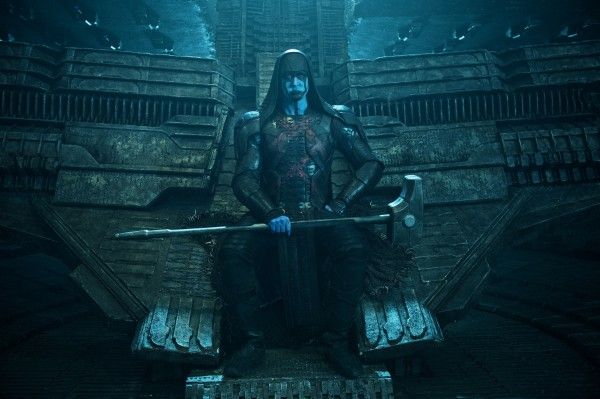
Image via Marvel Studios
Look no further than Edgar WrightsAnt-Manas evidence of what kinds of movies were being denied.
Again, theres a reason that third act aerial battle has become a frustrating staple of the MCU.
As a result, we get one of the best superhero movies of all time.
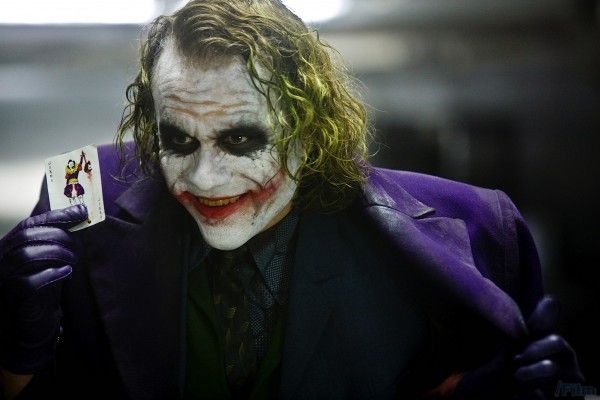
Image via Warner Bros.
Approaching films as television drowns out the singularity of each feature.
Were not only being denied unique, filmmaker-driven takes on properties, but were being robbed of complete stories.